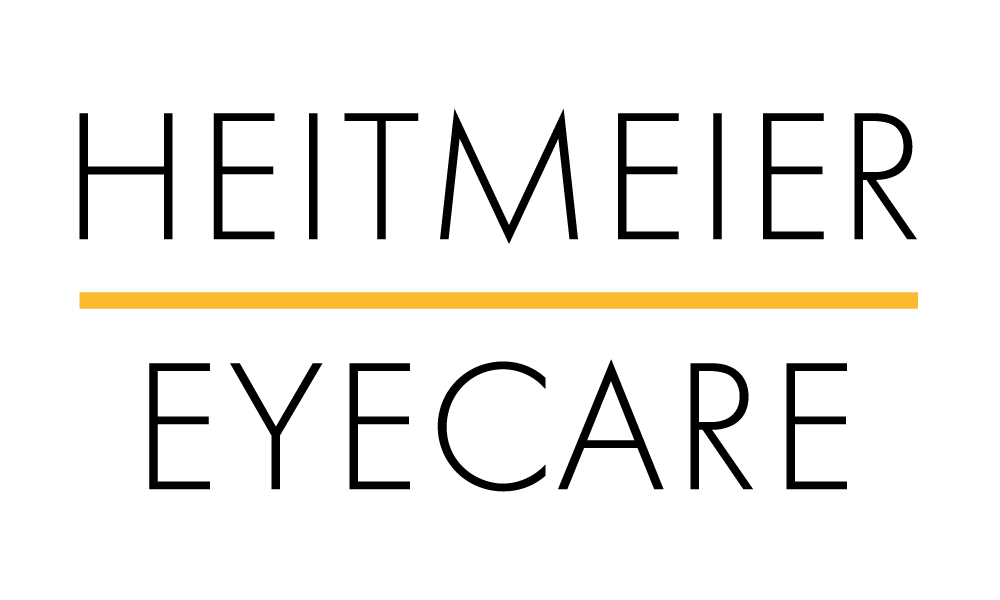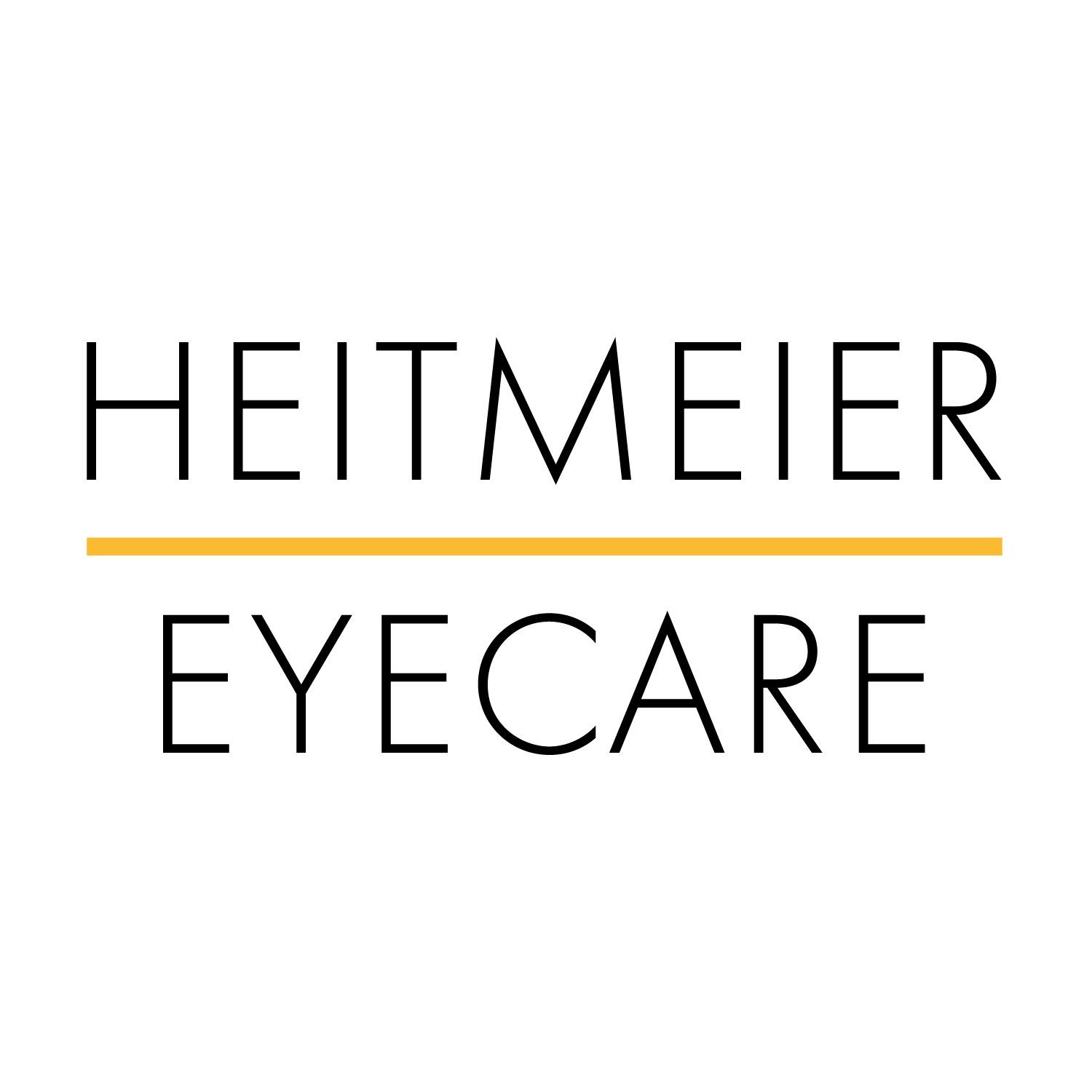
Your vision is one of your most important senses. However, many people only focus on eye care once a serious issue occurs. Regular eye exams are important for healthy vision, as they help detect potential eye conditions before they lead to irreversible damage.
By committing to preventive eye care, you can protect your long-term vision and avoid unnecessary complications. Comprehensive eye exams do more than check your prescription. They also include a complete assessment of your overall eye health.
This allows our Heitmeier Eyecare optometrists to spot issues early, giving you the best chance at treatment before they worsen. Whether you are at risk for certain conditions or just want healthy eyes, regular check-ups are important for your health.
What Does the AOA Recommend?
The American Optometric Association (AOA) provides clear guidelines for how often you should have your eyes checked. For adults between the ages of 18 and 64, they recommend an eye exam every two years, even if you have no symptoms. Annual eye exams are essential for adults 65 and older to detect age-related vision changes.
If you have risk factors, such as diabetes or a family history of eye diseases, you may need to request more frequent check-ups. Children also require regular exams to monitor their developing vision, with their first exam recommended between 6 and 12 months of age.
What to Expect During a Comprehensive Eye Exam
A comprehensive eye exam involves several steps designed to assess both your vision and eye health. It begins with a review of your medical and vision history. Our eye doctor will ask about any symptoms you’ve noticed, such as blurry vision or headaches, and your family history of eye diseases.
Next, our eye doctor will check your visual acuity, or how clearly you can see at various distances. They will follow this with a refraction test to determine whether you need glasses or an updated prescription. The exam will also assess how well your eyes work together and how your pupils respond to light.
The Heitmeier Eyecare optometrist will then use specialized equipment, such as a slit lamp and a retinal camera, to examine the structures inside your eye. This allows them to detect any abnormalities or early signs of disease that may not yet be causing symptoms.
Eye Diseases and How Exams Help Detect Them
Comprehensive eye exams are crucial for detecting serious eye diseases early. These conditions often progress without symptoms, making regular exams vital to preserving your vision. During your exam, our eye doctor will look for early signs of:
Glaucoma: A condition where increased pressure in the eye damages the optic nerve, leading to vision loss if left untreated.
Macular Degeneration: This condition affects the central part of your retina, which is responsible for sharp, detailed vision. Early detection can help slow its progression.
Diabetic Retinopathy: People with diabetes are at risk for this condition, where high blood sugar damages the blood vessels in the retina, potentially leading to blindness.
By catching these diseases early, our eye doctor can recommend treatments, lifestyle changes, or medications that help protect your sight.
The Importance of Routine Eye Care in Preventing Vision Loss
Comprehensive eye exams don’t just focus on eye diseases. They also address common vision problems that affect your daily life, such as dry eyes, eye strain from screen use, and refractive errors.
Regular eye exams also allow our eye doctor to track any changes in your eye health over time. This is particularly important as many eye diseases develop slowly. Early detection and treatment can slow or even stop these conditions' progression, helping prevent permanent vision loss.
Proactive Eye Care for a Brighter Future in Louisiana
Taking a proactive approach to eye care can make all the difference in maintaining clear vision. Don’t wait for symptoms to appear—request a comprehensive eye exam to protect your sight. At Heitmeier Eyecare, we are committed to providing personalized eye care that keeps your eyes healthy and your vision clear.

